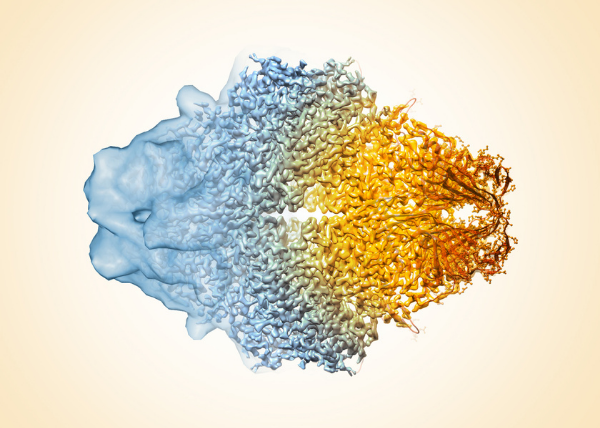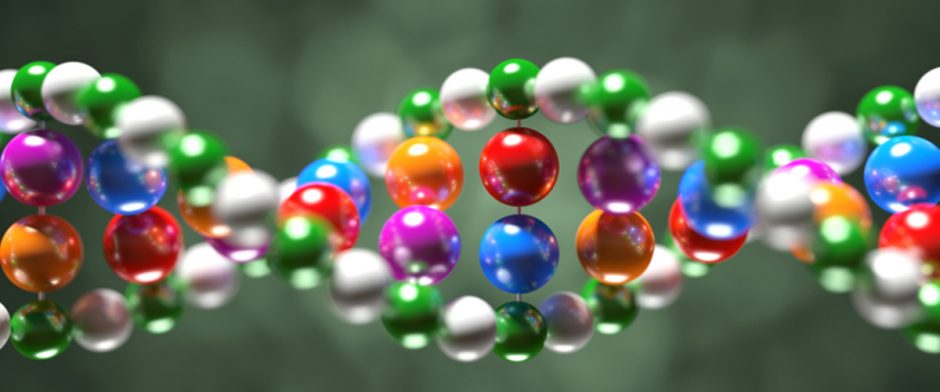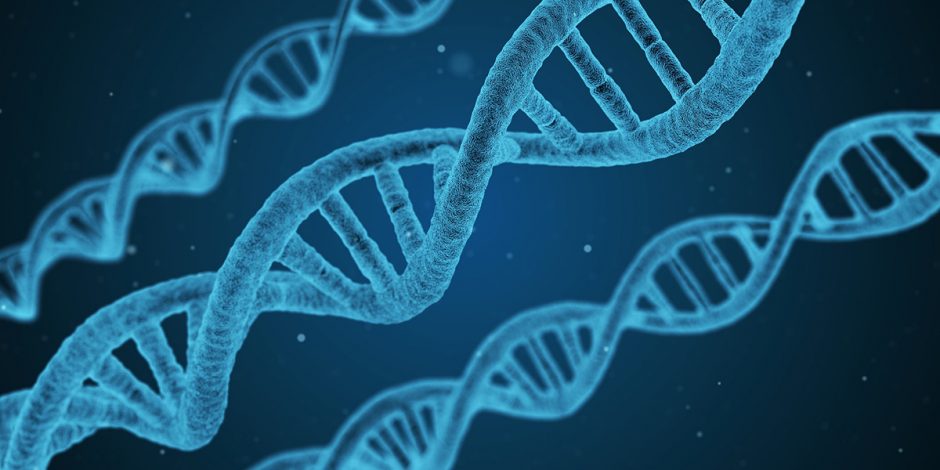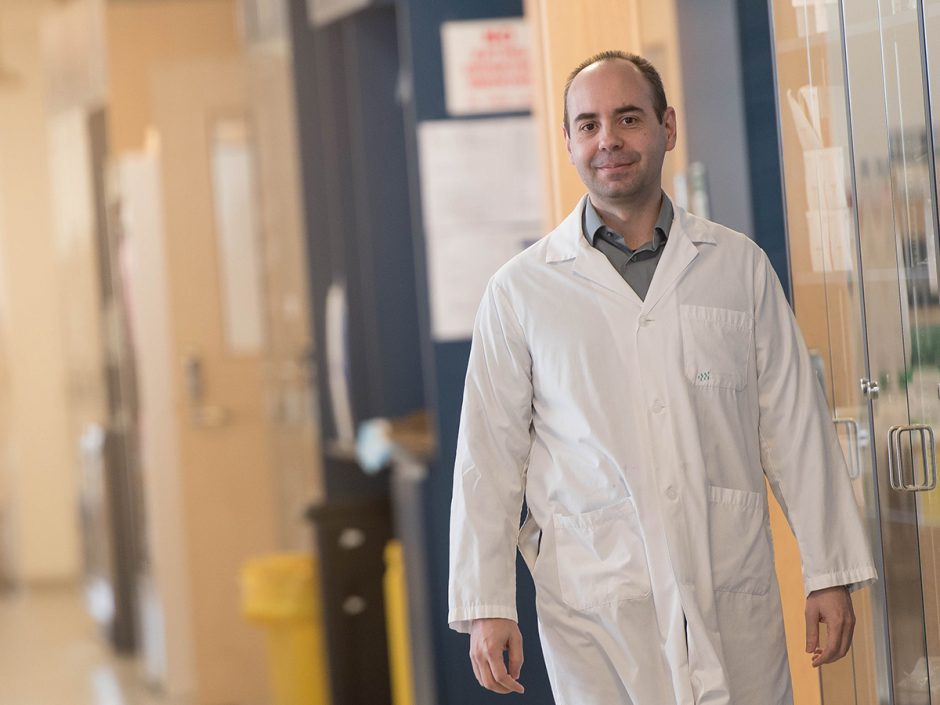UBC is helping to reshape health care through advances in genomics, proteomics, microbiomics and metabolomics, along with biomedical engineering and informatics. Our expanding ability to generate data from these realms, process it and act on it is transforming how we prevent, diagnose and manage complex diseases — moving away from a “one size fits all” strategy to approaches geared specifically to each individual patient.
New Initiatives
Learn more about precision health initiatives in the Faculty of Medicine including events and catalyst grants.
Read moreSkip to Stories
Key Research Groups
- BC Cancer Agency Research Centre
- BC Children’s Hospital Research Institute
- British Columbia Genome Sciences Centre
- Djavad Mowafaghian Centre for Brain Health
- Edwin S.H. Leong Healthy Aging Program
- Life Sciences Institute
- Providence Health Care Research Institute
- Translational Cancer Genomics (TCG) cluster
- Vancouver Prostate Centre
- Women’s Health Research Institute
Spotlight

UBC scientists discover how to 3D print testicular cells
The technique could one day offer a solution for people living with presently untreatable forms of male infertility.
Read more >

UBC Medicine spin-off company raises US$40m to advance drug discovery
Dr. Sriram Subramaniam is integrating cryo-electron microscopy and AI to bring new treatment options to patients.
Read more >

Parenting ‘style’ affects children at a molecular level
Changes were observed in DNA sites located in genes associated with the immune system and cognitive development.
Read more >

UBC researcher embraces big data, helping uncover deeper insights into the genetics of autism
Dr. Suzanne Lewis shares how a new initiative will advance autism research and potentially alter the future of diagnosis and care.
Read more >

UBC scientist identifies a gene that controls thinness
A new study by Dr. Josef Penninger shines new light on why some people can eat as much as they want, and still stay thin.
Read more >

Genetic variants place Asians at higher risk of side effects to common medications
A new study by UBC medical student Cody Lo reveals just how serious the side effects can be from commonly prescribed drugs for gout through to depression.
Read more >

How do men and women store fat differently? Ask the fruit fly.
Researchers have made a fundamental genetic discovery about differences between how males and females store fat.
Read more >

New DNA “clock” could help measure development in young children
This could allow for an earlier diagnosis of life-altering development disorders.
Read more >

UBC scientists capture images of gene-editing enzymes in action
Findings hold promise for future treatment of human diseases caused by DNA mutations.
Read more >

Scientists edge closer to root causes of multiple sclerosis
Researchers led by Carles Vilariño-Güell found mutations in 12 genes believed to be largely responsible for the onset of MS.
Read more >